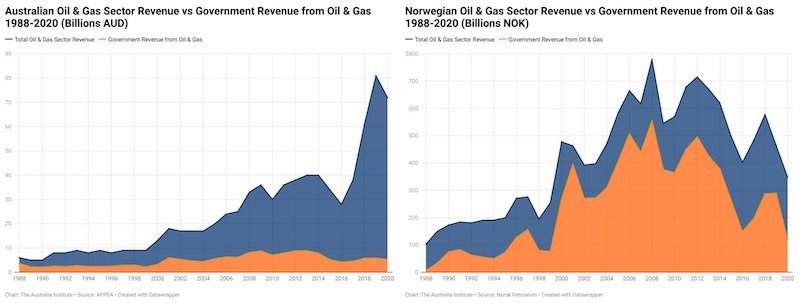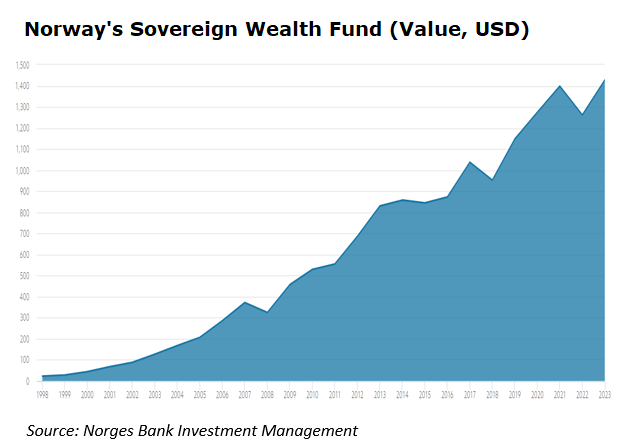I recently had an interview with David Flint from ADH TV, and he asked me, “Is Australia still the Lucky Country?”
In my response, I argued that, compared to other nations, Australia is still a great place to live, but excessive immigration and foolish energy policies have raised costs for households and businesses, eroding our living standards.
Below are key highlights from the interview.
Edited Transcript:
Australia is still a great country, and we have a lot of natural advantages.
We obviously have a lot of natural advantages in that we still have a relatively small population of 27 million people on a continent with a lot of mineral wealth.
We obviously have great weather, and we still have high living standards.
The problem is, we’re doing our best to undermine that. Our politicians, at least on the east coast of Australia, have engineered an energy crisis despite the fact that we are an energy superpower.
So, we have ended up paying some of the highest gas and electricity prices in the world, despite the fact that we export the overwhelming majority of gas and coal, which is completely bonkers.
Those high energy costs are obviously not just pushing up the cost of living and pushing up inflation, but they’re also contributing to Australia’s decline in manufacturing and our export competitiveness in other areas than minerals.
As a result, Australia has the smallest share of manufacturing in the OECD.
Then we are making the Great Australian Dream of home ownership harder because we’re importing record numbers of people into our capital cities.
That is pushing up the cost of housing—both prices and rents—and that is adding to congestion concerns and liveability concerns.
So, we are still lucky, which I guess is why so many people want to come here. But, we are doing our best to undermine that.
We hold immense mineral wealth that we don’t tax properly, and we give ourselves expensive energy.
Despite this, it makes no sense to continually expand the population so aggressively. Because all you end up doing is diluting mineral wealth over more people, which then makes you poorer per capita.
I have no doubt that Australia would be a far richer country if we had around 20 million people like we did at the turn of the century. Our current situation is that we have 27 million people, and we are projected to grow to over 40 million by 2060…
Scandinavian nations have grown their populations by about 25% since 1960, whereas Australia has grown by 170% in that time…
They have adopted a smarter approach, especially Norway, which is closer to Australia in that it has large oil and gas reserves.
Norway would be far poorer if they had a much larger population—if they had also grown by 170% rather than 25% since 1960. Because they would have spread that mineral wealth over way more people.

Obviously, Norway is also intelligent in that they tax their mineral wealth properly, so they now have a sovereign wealth fund that’s worth about $240,000 per citizen, which Australia also should have done.

We haven’t developed a sovereign wealth fund like the Norwegians. We also haven’t, at least on the east coast, developed a domestic reservation policy as they do in every other gas-exporting region.

